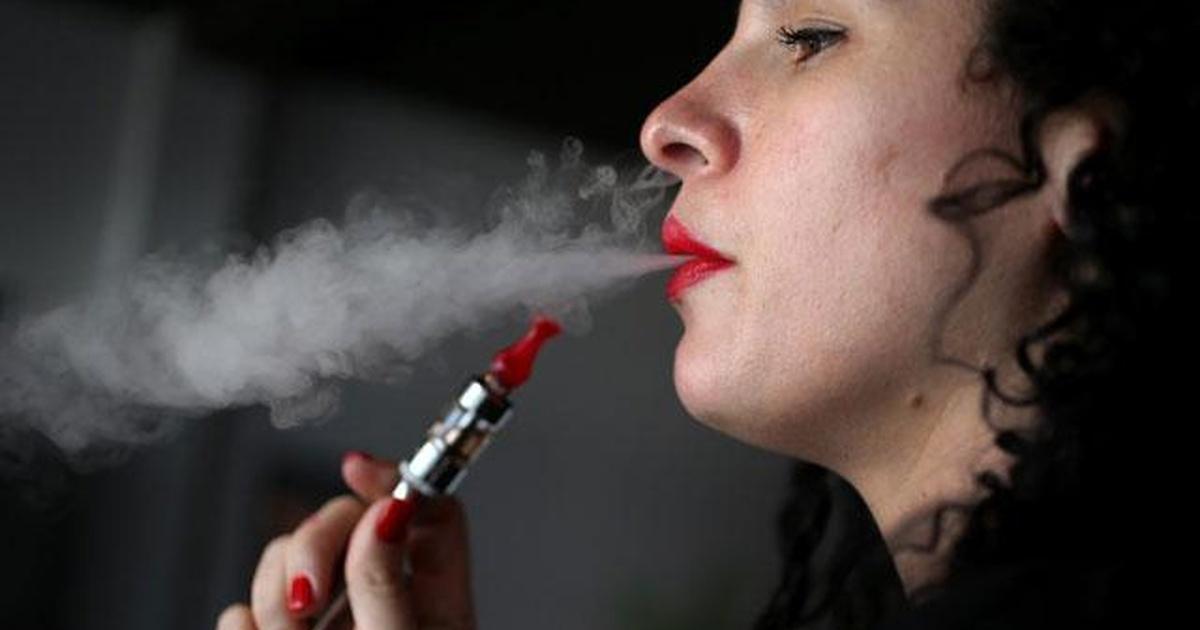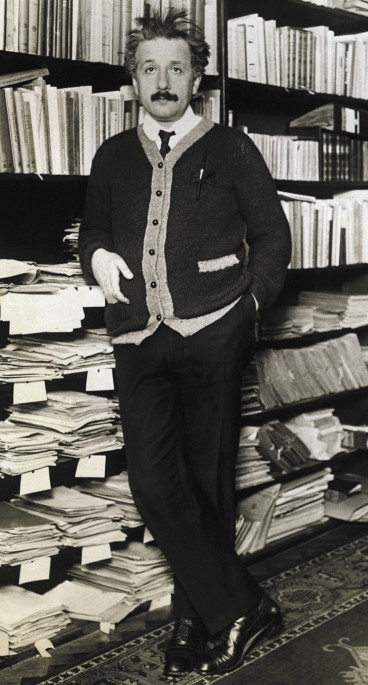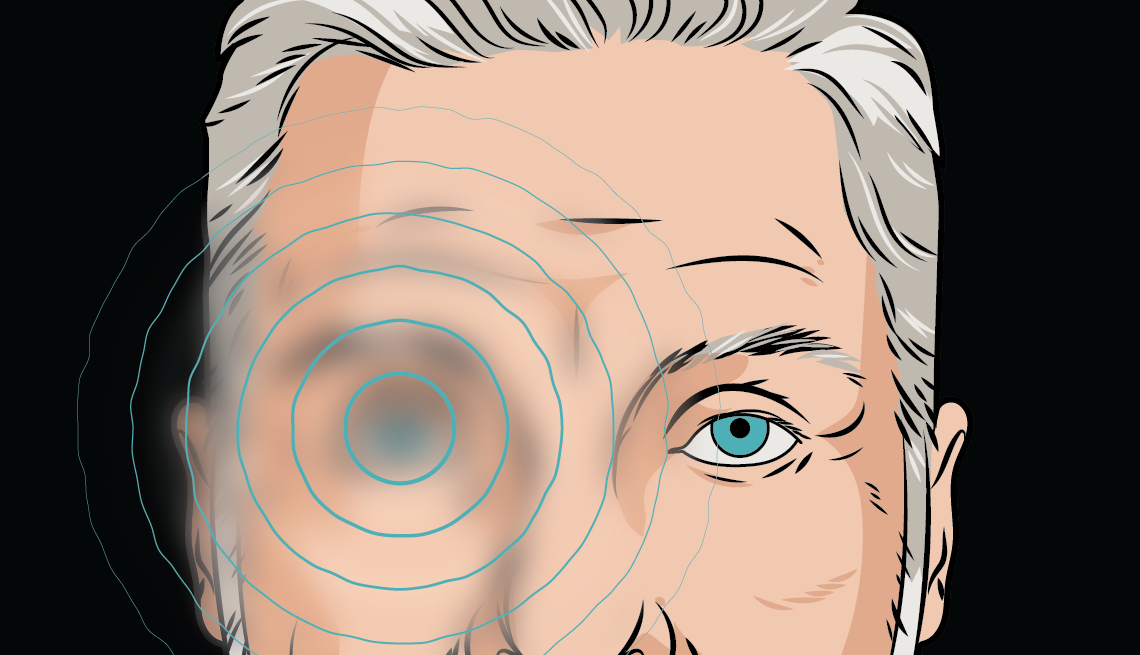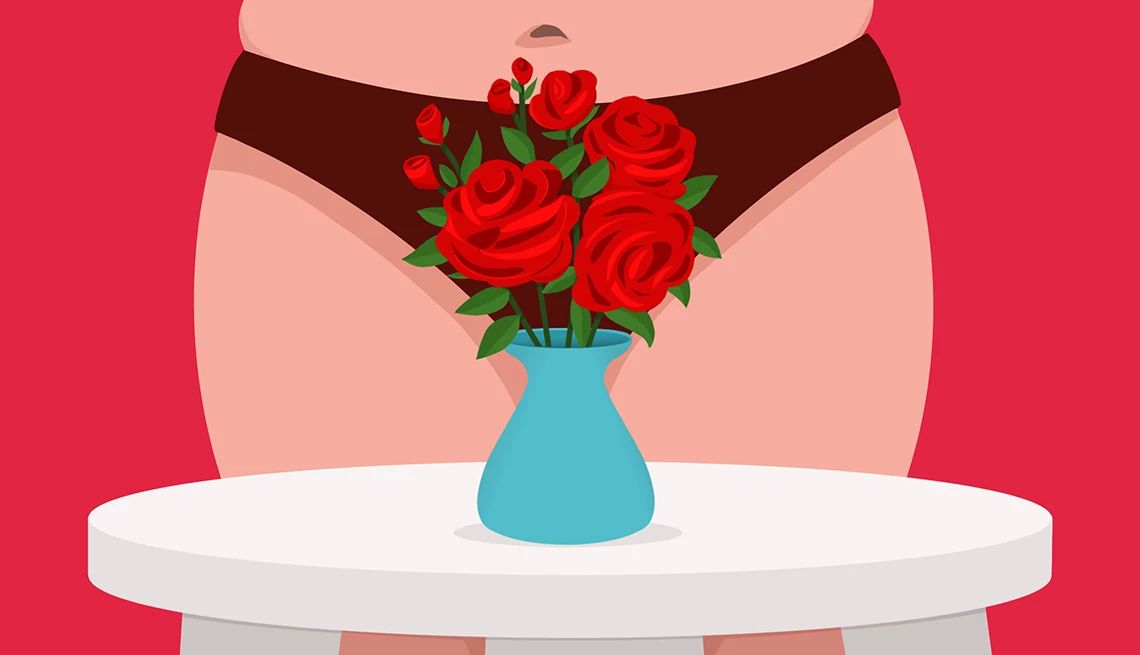
- Select a language for the TTS:
- UK English Female
- UK English Male
- US English Female
- US English Male
- Australian Female
- Australian Male
- Language selected: (auto detect) - EN
Play all audios:
May 5, 2025 Lisa M. Given, _RMIT University_; Gary Rosengarten, _RMIT University_, and Matt Duckham, _RMIT University_ From corflutes and how-to-vote cards to 250,000 pencils, 240,000
volunteer vests and 80,000 ballot boxes, here’s what happens to election materials after polling day. April 17, 2025 Trang Nguyen, _University of Adelaide_; Jack Hetherington, _University of
Adelaide_, and Patrick O'Connor, _University of Adelaide_ A survey shows people with healthy eating habits tend to waste less food than those who focus on choosing ethical and
environmentally friendly products. April 16, 2025 Alex Jordan, _University of Wisconsin-Stout_ Not all plastic is the same. Old yogurt cups and milk jugs, for example, don’t play well
together when being turned into new materials. However, there are solutions. April 8, 2025 Christina McCabe, _University of Canterbury_ Soil erosion, water pollution, waste production and
the loss of biodiversity are among multiple pressures degrading New Zealand’s environment. April 3, 2025 Stephanie Brodie, _CSIRO_ and Britta Denise Hardesty, _CSIRO_ A CSIRO study has found
39% less plastic pollution in and around Australian coastal cities over ten years. It also found more places with no rubbish at all. March 24, 2025 John Scanlan, _University of Central
Lancashire_ Waste, as a thing, an idea, a problem, has always been wholly determined from a human standpoint. February 26, 2025 Daniel Franks, _The University of Queensland_ The world’s
appetite for sand is surging – and it comes at a real cost to the environment. The alternative: a paradigm shift in metal mining to also extract sand. February 19, 2025 Sukhbir Sandhu,
_University of South Australia_ Less than 25% of all e-waste globally gets recycled. That’s because there are many challenges involved – but there is a way forward, too. January 13, 2025
Edward Randviir, _Manchester Metropolitan University_ England plans to nearly double its number of waste incinerators. November 20, 2024 Yassie Samie, _RMIT University_; Irene Maldini, _Oslo
Metropolitan University_, and Katia Vladimirova, _Université de Genève_ We give or throw away more and more clothes every year, overwhelming charities and triggering large exports of
secondhand clothing. There’s a better way November 5, 2024 Muhammad Muddasar, _University of Limerick_ Imagine going on a run and using your body heat to power your fitness tracker. November
3, 2024 Madeline Taylor, _Queensland University of Technology_ and Paige Street, _Queensland University of Technology_ Many Australians are involved in Buy Nothing groups that allow locals
to ask for and give away unwanted stuff for free. They bring circular economy principles to life, but depend heavily on women. October 7, 2024 Maximilienne Toetie Allaart, _University of
Tübingen_ The world is full of microbes, and many of them like the taste of waste. Some carbon monoxide-loving microbes can be harnessed to transform waste into valuable biofuel. September
23, 2024 Patrick Parenteau, _Vermont Law & Graduate School_ As concern about plastic pollution mounts, the federal government is revising its standards for calling products recyclable. A
recent fine against Keurig could be a sign of things to come. September 11, 2024 Anne McNeil, _University of Michigan_; Aleksandr V. Zhukhovitskiy, _University of North Carolina at Chapel
Hill_, and Yutan Getzler, _Kenyon College_ A proposed chemical recycling plant in western Michigan may provide a handful of jobs but little environmental benefit. August 5, 2024 Bhavna
Middha, _RMIT University_ and Ralph Horne, _RMIT University_ We all say we like recycling. But contamination rates are high. Victoria’s government hopes a new bin for glass and recycling
soft plastic can help. July 18, 2024 Leanne Wiseman, _Griffith University_ Australian consumers deserve a legal right to repair beyond the warranty. If we fail to keep up with the UK and EU,
we risk becoming a dumping ground for cheap and nasty appliances. June 27, 2024 Miles Park, _UNSW Sydney_ The most common vapes on the market are single-use, disposable ones. They contain
valuable resources, yet aren’t designed to be recycled. April 26, 2024 Randa Lindsey Kachef, _King's College London_ Some littering is conscious, some is created unintentionally.
Tackling the reason it was created could make clean-up tactics more effective. April 24, 2024 Kathryn Willis, _CSIRO_; Britta Denise Hardesty, _CSIRO_; Katie Conlon, Ph.D., _Portland State
University_, and Win Cowger, _University of California, Riverside_ The more plastic, the more waste we produce. It sounds simple, but this discovery could help us find ways of ending plastic
pollution.








